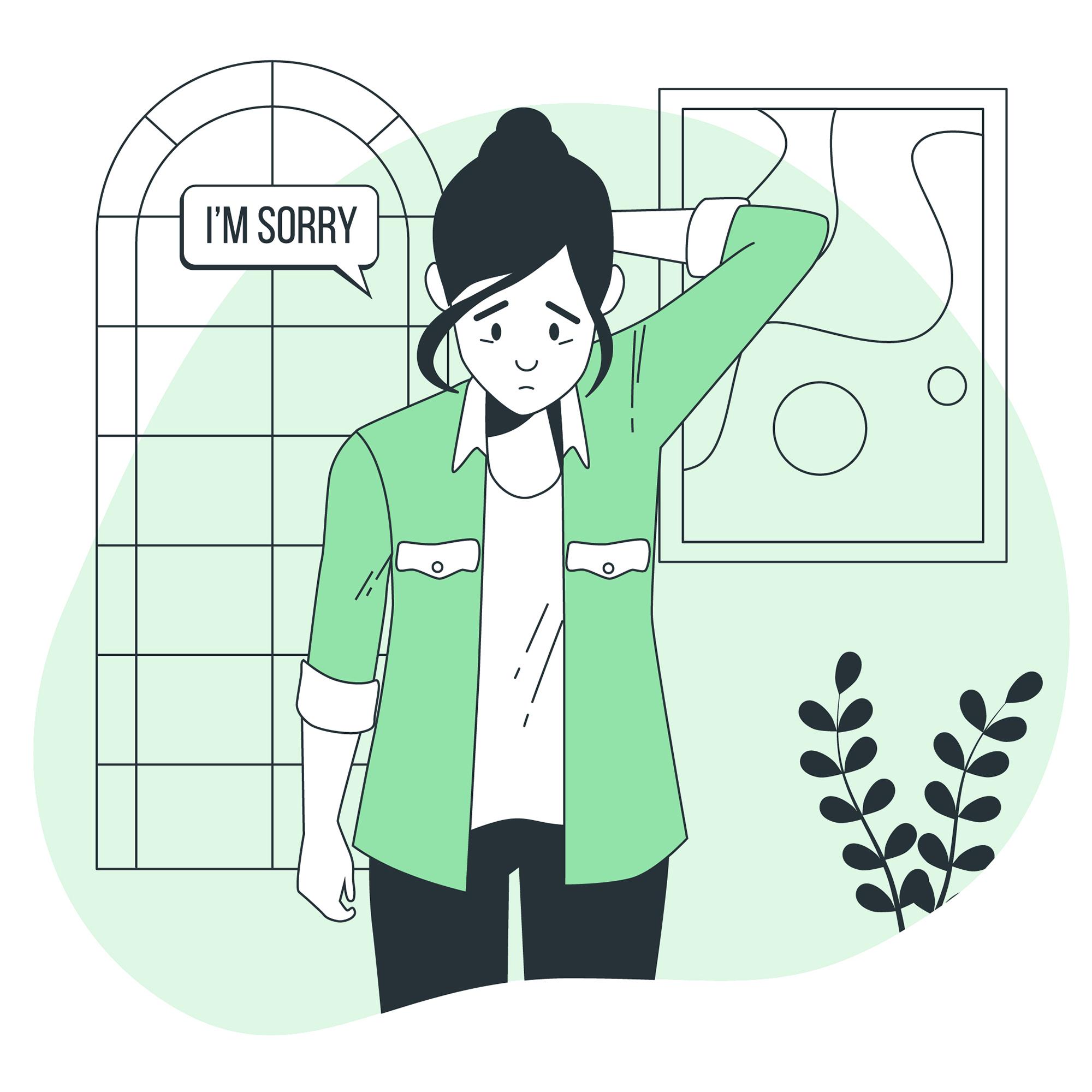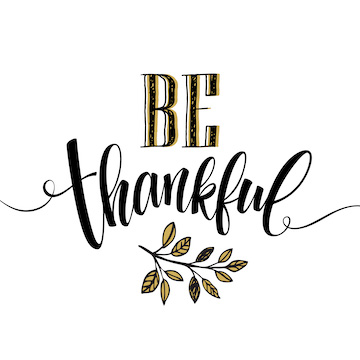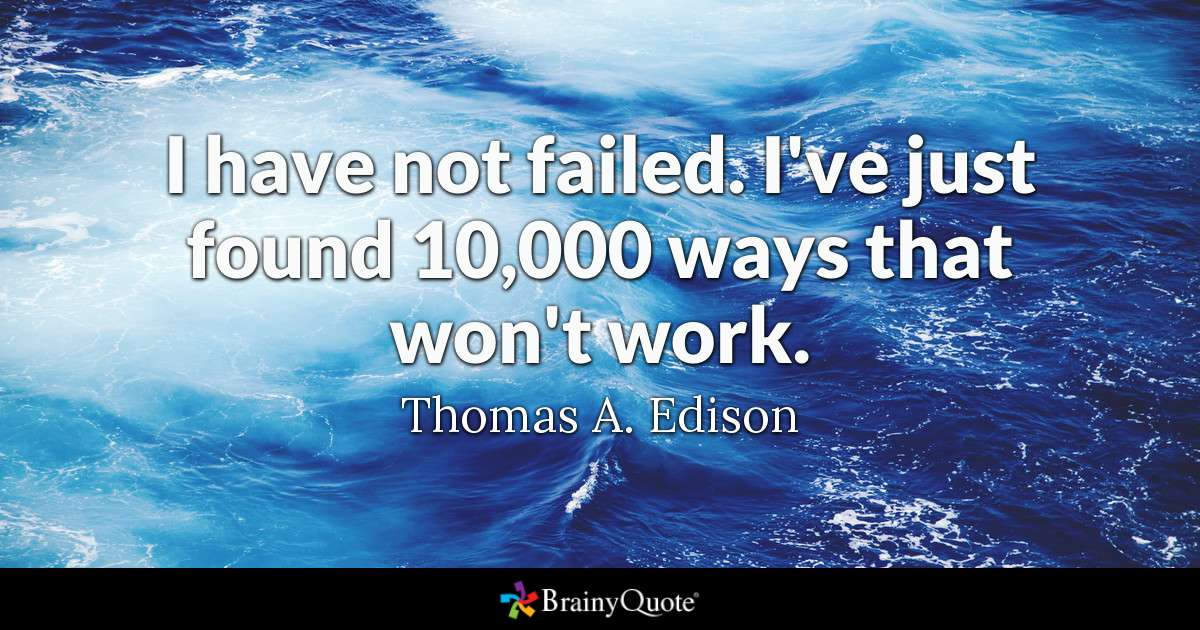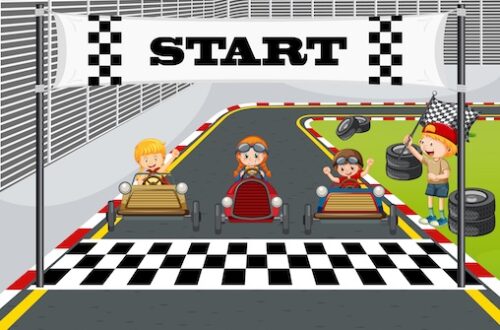
Apologies and hurt feelings
If you’re reading this post, you’re a human being who’s been hurt before. It’s part of life.
Also, it’s guaranteed that you’ve hurt someone else, whether intentionally or not. The worst part of hurting someone is when you do so unintentionally…and they won’t or can’t accept your sincere apology for the miscommunication.
That happened to me recently. I lost some people I cared about because I hurt them with my blog post about my unexpected employment changes. It was never my intention to hurt anyone. I was and still am extremely hurt by the whole situation that resulted in my job loss, so I tried to write only facts without weaving too much emotion into the post, but I failed in that effort.
Once I knew I had offended others, thanks to one person giving me enough of an explanation to make me understand their point of view, I was able to edit the post to clarify. I feel terrible that I hurt people with my post and what they read between the lines. Perhaps I could have been clearer in the beginning, but I wasn’t.
It hurts that a few of my former coworkers felt that I said that their jobs were somehow disposable or that they didn’t deserve their salaries. I never said, wrote, nor thought those things for a moment while writing my blog post. I merely stated that my position was paid less and that I felt it would make more sense to keep a current employee than to fill the two vacant positions. It’s basic human rights 101: Me feeling that I deserve more doesn’t mean I think someone else deserves less.
Although I reached out to apologize, I don’t think my apologies were accepted. I never said or meant to imply what those others thought about the post, but the damage had already been done. In our office, we had “norms” or office rules, one of which was “assume good intent.” It means that we were to assume others had good intent with decisions, and we were to consider their point of view before getting angry. I guess that didn’t apply to me.
When I learned of my job loss, I tried to assume good intent from the decision makers, but I could no longer assume that when I discovered lies I’d been told. That was the end of good intent. I had to stop communication to protect my mental health. If that’s what my former coworkers needed to do to me, then I still wish them well. I’m not going to beg for their forgiveness or friendship. They still have mine. They were family. It takes more than one misunderstanding for me to write off family.
Of course, if I’m being honest, it hurt my feelings to feel so alone after learning about my job loss. I made a formal complaint with HR on behalf of everyone who lost their jobs or had to take significant pay cuts because I felt what was happening was wrong. I don’t know if anyone but my husband did that for me. But in the end, I didn’t have anything left to lose at the point of my complaint. Except (what I thought were) friendships that would last longer than my employment at the university.
So what’s the point?
There need to be more powerful words than “I’m sorry” sometimes. Most of the time these past several months, those words have proceeded condolences as many have died from COVID-19 and other ailments. Most recently, my family lost my first cousin on my mother’s side. She was only 45 and left behind a lot of people who loved her including a husband and six-year-old son. My heart breaks for that little boy having to grow up without a parent who loved him so much since I’ve been there with the loss of my dad.
Like I tell my kids all the time, be as kind as possible. The days are long, but the years are short. Life’s too short. If you hurt someone, apologize and try to see things from their point of view. Make things right if you can. If you can’t, let it be a lesson and forgive yourself. Because after all, we’re all just humans trying to come out of what has probably been the worst year and a half for many of us.
-Brandi Easterling Collins




